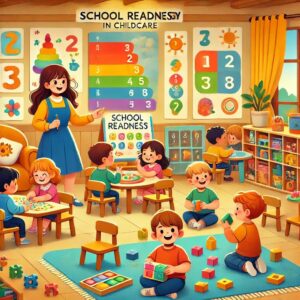
School Readiness: Challenges, Milestones, and Strategies for Success
Summary: School readiness includes cognitive, social-emotional, physical, language, and behavioral development. Challenges like delayed learning, emotional regulation, and environmental factors can hinder progress. Milestones guide





